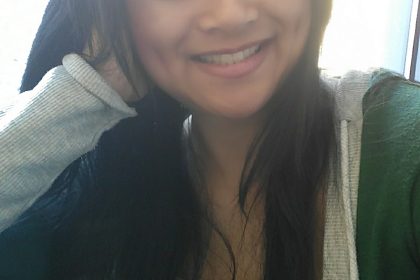By Materese Roche
 A trained, certified coach who practices ethically, can help empower an individual to effect positive changes in their life. So what defines a legitimate coach?
A trained, certified coach who practices ethically, can help empower an individual to effect positive changes in their life. So what defines a legitimate coach?
1.) They have been properly trained and certified through an ICF approved school.
2.) The coach holds themselves professionally accountable to the code of ethics and accepted practices, and is a member of the ICF.
3.) The context and boundaries of the coaching relationship are clearly established and adhered to; the context is positive and the services provided are appropriate for the individual.
For example, I currently work with an ICF certified coach. From the first day, the dynamics of the relationship were established:
- A complementary “vetting session” determined if we were a good personality match.
- The expectations and each person’s role were discussed.
- The timeline and remuneration were defined.
- A written contract was given to me to read and sign. The contract included topics such as fees, confidentiality, and the true nature of the coaching relationship was explained – that it was NOT based on therapy, and/or the diagnosis or treatment of mental disorders, etc…
In short, nothing was held back, and there was full disclosure.
The ICF (International Coaching Federation) is recognized throughout the world for establishing and upholding standards and ethics for the profession. It is critical that individuals who are seeking a career in coaching obtain ICF training and accreditation. In addition they must also educate their potential clients that coaching is not psychotherapy, consulting, training, or mentoring so the true nature of a legitimate coaching relationship is clarified; the client establishes goals, and through a process self-discovery that is facilitated (not dictated) by the coach, the client can become empowered to make the desired changes in their behavior or life.





